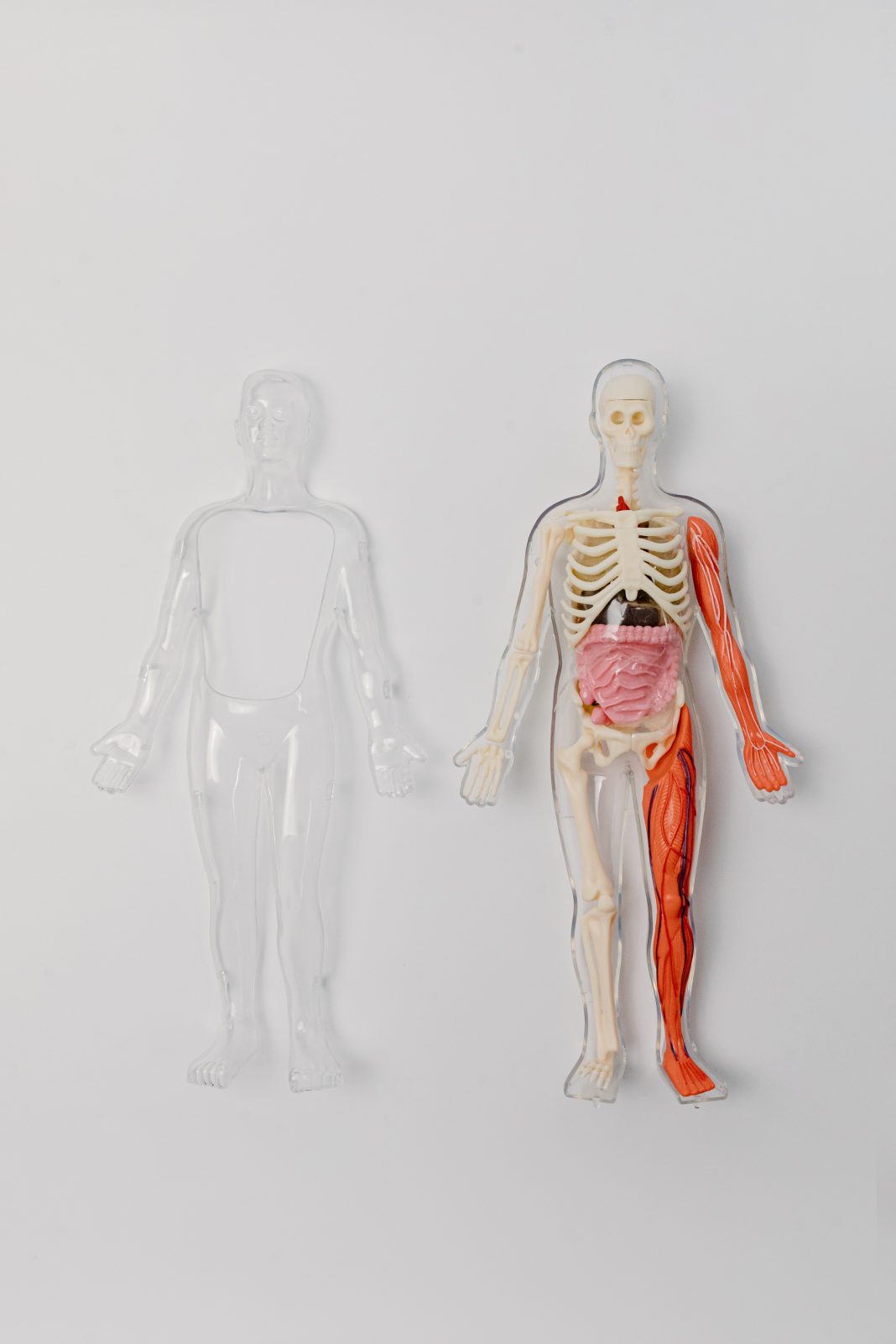Two legislators from the Democratic wing of the US government are planning to allow inmates to leave from 60 days to a year earlier of their official sentence provided they donate their bone marrow or body organs.
The proposal is hatched by Democrats Judith Garcia of Chelsea and Carlos Gonzalez of Springfield.
While the promoters say it would “restore bodily autonomy to incarcerated folks,” there are others who have concerns.
“It’s like you’re harvesting organs. It just doesn’t feel right. It doesn’t feel humane. You’re bargaining with vulnerable people over their time,” Project Turnaround founder Romilda Pereira said in an interview with the Boston Globe.
It’s “perverse,” a doctor at Brigham & Women’s Hospital said.
“There are certainly ways we can engage our free communities in educating them about the options of organ and bone marrow donation,” Monik Jiménez said. “But going to our incarcerated population as a source is problematic, at best, and exploitative.”
“The bill appears to go significantly beyond other organ-donation policies for prisoners.
The Federal Bureau of Prisons says that prisoners may donate their organs while incarcerated but only to immediate family members. In 2013, the state of Utah allowed organ donation from prisoners who died while incarcerated. Most other states do not allow organ donations from prisoners at all.”
At present, organ donation is allowed in US federal prisons, but only if the recipient is an immediate family member.
The Ethics Committee of the United Network for Organ Sharing which manages organ transplants in the nation has criticized the idea.
The National Organ Transplant Act of 1984 makes it a federal crime “to knowingly acquire, receive, or otherwise transfer any human organ for valuable consideration for use in human transplantation. It is likely 180 days off a sentence could constitute ‘valuable consideration.’
State Representative Carlos Gonzalez said providing more potential donors could help patients in need of transplants to get life-saving care. He told Boston.com he had been inspired in part by a close friend who has stage four kidney failure and requires dialysis.
However, critics of the bill believe it perpetuates stereotypes about inmates as “subhuman.”

